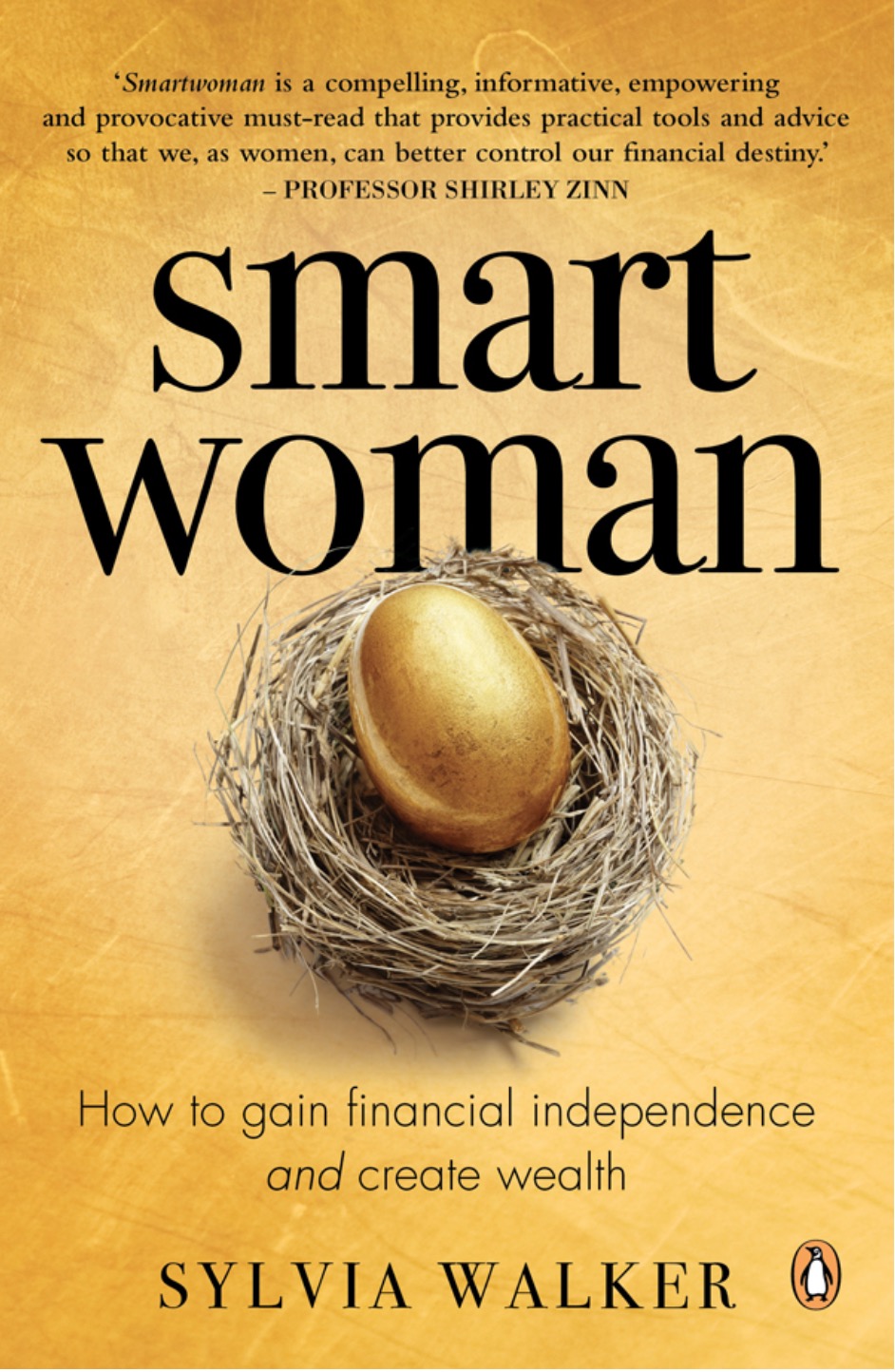by Sylvia Walker, author of SmartWoman
Don’t be fooled into thinking that just because you are bestowed with brains, you will make great investment decisions. In fact, it could be quite the opposite - many a clever person has made some really bad decisions over time.
Part of the problem is the concept of intelligence – this is generally measured by IQ tests, and these tests only capture analytical intelligence – in other words, the ability to notice patterns and solve analytical problems. They don’t consider other forms of intelligence, namely our ability to deal with novel situations (creative intelligence), and our ability to get things done (practical intelligence). The educational system is built largely around analytical intelligence, and we often encounter highly intelligent people who are uncreative and not practically minded at all.
Professor of applied psychology at the University of Toronto, Keith Stanovich, has written several books on cognitive behaviour. He has found that intelligent people tend to make more mistakes than those of average intellect on logic problems, because they tend to take shortcuts or make assumptions.They may be over confident or under value the importance of effort, and, combined with greed, pride, stress and even laziness, can result in poor decisions being made.
Time is often an issue, and viewed as a luxury. As humankind has evolved, certain decisions have become automated, and our brain recognizes these patterns and makes the decision. Where emotions are involved, we make faster decisions and jump into action. Think of a mother with a new born baby. When the baby cries, her brain, driven by instinct and emotion tells her to go and pick up the baby – it is automatic – she doesn’t even think about it.
Quick automatic decisions may be a lifesaver when it comes to self preservation, but if a situation requires rational thought, jumping to conclusions can have the opposite effect.
It is also almost impossible to separate emotions from decisions, and our state of mind at the point of decision making will play a major role. The more pessimistic we are feeling, the greater we will want to conserve what we have. If we are in a high spirits, we might make a more daring decision, taking a greater financial risk, as the future seems bright and full of promise.
Just think about when people get their annual bonuses – they feel rich. They are flush with money, so they spend. From an investment perspective, a good mood, and a feeling of positivity about life and the future would encourage more risk taking, as things can just be good in the future.
Compare that to someone who has been retrenched and has received a severance package which they need to invest to provide an income, until they find employment. Their mood and outlook for the future will be far more conservative. Their investment decisions would reflect this.
Investment decisions are always made in the context of life. Money is about people and their lives at the end of the day. Intelligent people don’t necessarily make the best decisions, and the same can be said for people in a highly emotional state. With investing, there are no guarantees but there is also no substitute for objective, professional advice. It cuts through personal biases beliefs and fears, and gives an objective unbiased perspective – something worth building an investment strategy on.
Sylvia Walker is highly skilled and experienced in the financial services industry, having spent a large part of her career as a marketing manager for a blue-chip company. During this time, she worked closely with the media, conducting hundreds of presentations, doing radio and TV interviews and writing many articles for publications such as O, the Oprah magazine, Good Housekeeping / Goeie Huishouding, Sarie, The Mercury, Plus 50 and many others. She left the corporate world at the end of 2014 to pursue her interests further afield. She is also a published author. She contributed chapters on financial planning in Mary Ann Shearer’s Take Control the Natural Way and Nadia Bilchik and Lori Milner’s Own Your Space. She authored Dealing in Death – Ellen Pakkies and a Community’s Struggle with Tik and co-authored Steeped in Blood, the memoirs of Dr David Klatzow, which was shortlisted for the Alan Paton Award in 2011. She also co-authored and published Reflections for Old Mutual in 2013. Sylvia is currently a financial planner, writes articles, and conducts workshops on various aspects of financial literacy and planning. She is also the resident financial guru on the Cape Talk Early Breakfast Show, and is on air every Friday morning. Her latest book, SmartWoman, has just been published, and is a culmination of many years of experience in advising women on how to gain financial freedom and grow their wealth. SylviaWalker.co.za
More articles by Sylvia....













